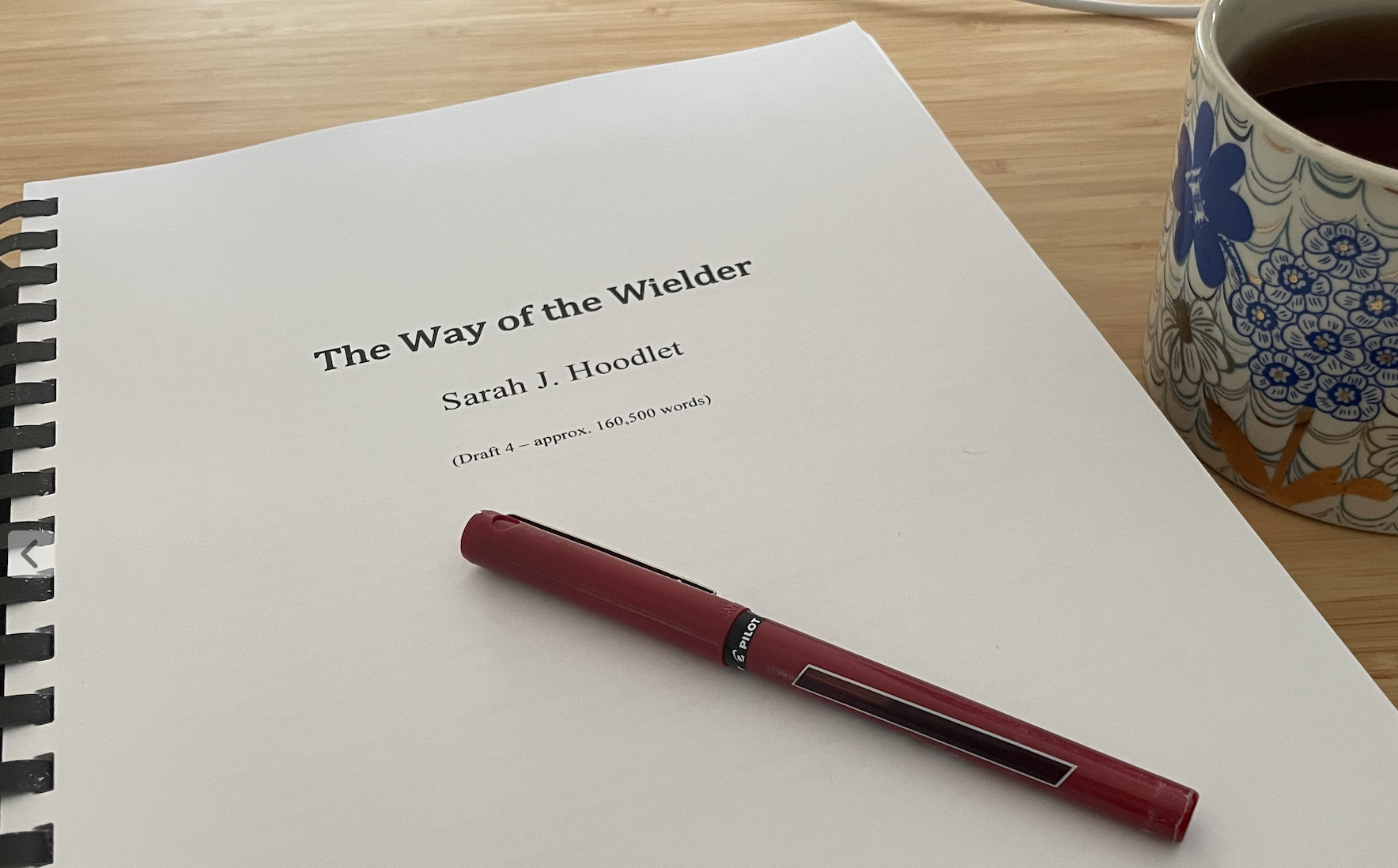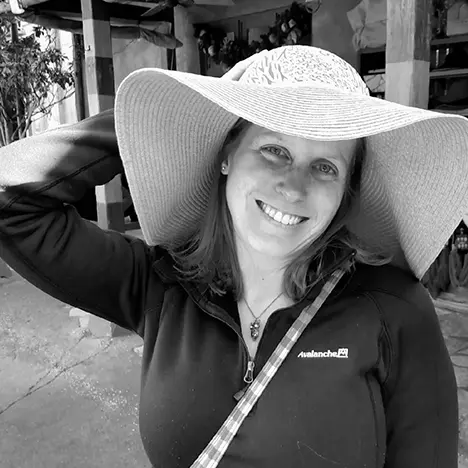What's in a Name?

22 January 2024
Categories:
January 22, 2024
Weekly Update
It was an unusually slow week, since I was working to get my website live, but some progress was still made.
The Way of the Wielder, book three: I finished the interlude between parts one and two, and started writing the first chapter of part two. I’m looking forward to getting into the meat of this part - there’s going to be a lot of character growth, which I love.
The Way of the Wielder, book one: The more exciting update! I got the 30% design for the book cover, and I love it! Seriously, I’m so excited to see how it progresses, and I can’t wait to share it with you all. Stay tuned!
——–
If you follow me on Mastodon, you’ll know that I partake in a couple of daily writing prompts: #WritersCoffeeClub and #WordWeavers. Occasionally, I may take one of those prompts and use it as a focus for a blog post - like I am today. One of the questions a few days ago was: How do you decide on character names? It’s an interesting question. Let’s dive into it.
The Art of Naming Things
Many factors go into selecting the right character names, especially in SFF (science fiction/fantasy). Rightfully so, given that—in my opinion—it’s one of the most important decisions authors have to make. To support this decision, we may:
- Research meanings on baby name websites
- Scroll through family ancestry documents
- Use fantasy name generators
- Choose a name with a certain vibe (in either look or sound)
- Make up their own languages and naming conventions
I would wager that most authors use a combination of these things (and more), depending on what’s needed for the story they want to tell. At least, that’s true for me.
Over the last few years, I’ve come to realize that I’m a Highly Sensitive Person (HSP). This spans across several things in my life, but I mostly notice it with sounds. For example, last summer a rather strong thunderstorm rolled through our area. One bolt struck so close to our house that I heard the crack, and the thunder that deafened me after made me cry. That wasn’t me being emotional, it was me being overwhelmed by sound.
So, how does me being a HSP influence how I name characters? When I answered this question on Mastodon, I mentioned that I almost always choose names based on how they sound. Names that roll off the tongue, or end with softer syllables. There are exceptions, of course. Jack (from The Way of the Wielder) is a rather harsh sounding name, as is Vince (from Rise of Iron).
Generally, I create a list of potential character names that sound good to my ear, then I’ll research their meanings online. Meanings don’t usually play that big of a role in my story, but sometimes they do (like with Emery, which means industrious and powerful).
Only once have I made up a name: Jaslan. It’s a combination of two other female names from fantasy novels that I like, and I love it so much. It’s unique and memorable, which is exactly how I want her to be known.
Readability
Someone dear to me once asked if my books were easy to read. Not in plot or complexity, but in readability. This person is dyslexic, but still wants to read my books (which I sincerely appreciate). The question got me thinking about word choice overall, but specifically how I name characters (and places).
Now, in addition to choosing names based on sound, I also choose names that are somewhat common, or are easy to sound out phonetically. Jack is a very common name, so won’t cause anyone (or very few people) to stumble over it. Jaslan, on the other hand, can be reasonably sounded out for someone who has difficulty reading.
I actively do this not just for the person I mentioned earlier, but anyone with similar difficulties. I know some of the more diehard fantasy readers might be bothered by this, but in an effort to be inclusive of all reading levels, that’s a risk I’m willing to accept.
In summary, naming characters is an important part of fiction writing. Many authors take this seriously, and choose names that having a specific meaning, intent, or vibe. Others have their own naming conventions, and create unique names for their world. Some aren’t as bothered by character names as other things in the story, and that’s okay, too. Everyone has their own style—that’s what makes every story unique.
——–
As always, thanks for reading!
Until next time, be well, and stay creative.
~Sarah
